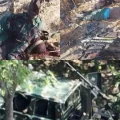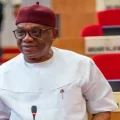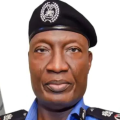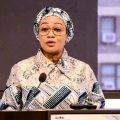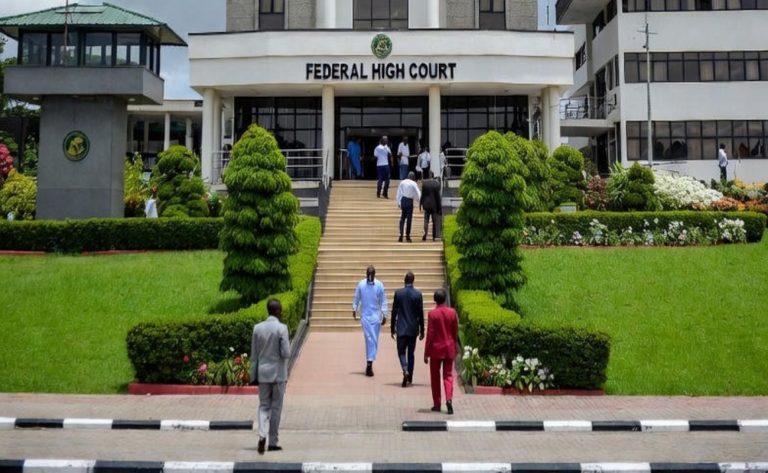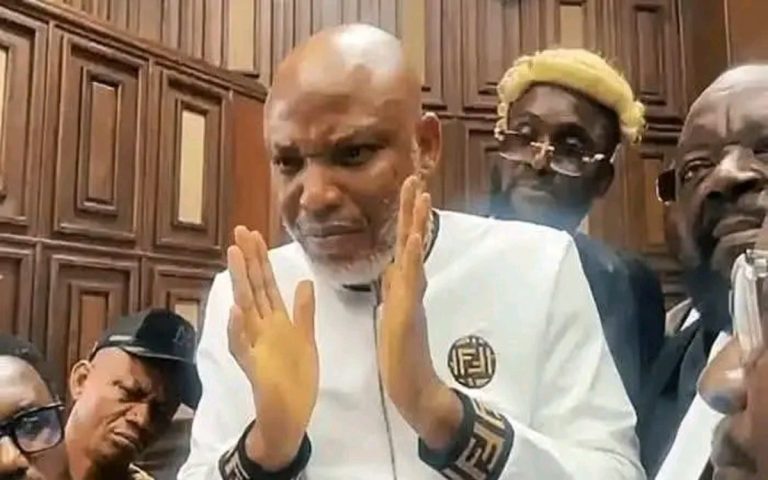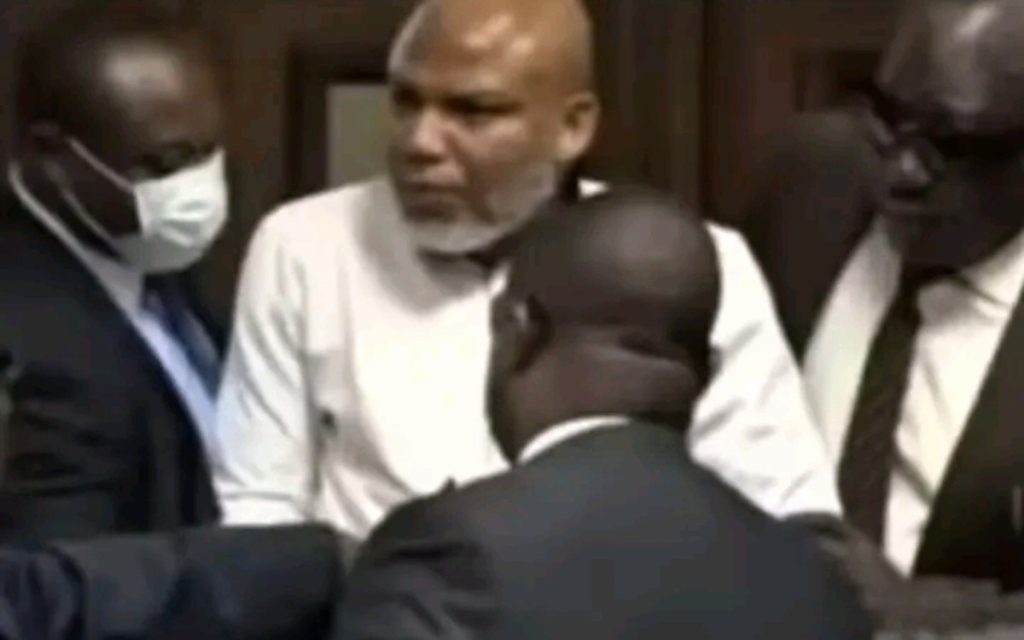
Members of Kanu’s Legal Team address journalists in Abuja after the court’s life sentence ruling
The legal team argued that the decision did not reflect the weight of materials tendered by the prosecution. They claimed the ruling introduced implications for expression that extend beyond Kanu’s individual case.
Kanu’s Legal Team Denounces Judgment
Kanu’s Legal Team stated that the verdict represented what they called a “travesty of justice.” They maintained that the conviction relied heavily on broadcasts rather than direct actions.
Special counsel Aloy Ejimakor addressed journalists after the session. He described the day as a difficult moment for Nigeria’s judicial history.
“Today will forever be in Nigeria history,” Ejimakor said. He insisted that the decision marked the first time he had witnessed a conviction “for just what he said from his mouth.”
Ejimakor argued that the evidence did not substantiate life imprisonment for the IPOB leader. He emphasised that the defence viewed the ruling as inconsistent with the record presented in court.
He added that the sentence was “overbroad, cruel and unusual” in its application. He said the team would respond immediately at the appellate level.
Concerns Raised Over Evidence Used
The legal team argued that none of the broadcasts cited by the prosecution were linked to violent acts. They asserted that no witness demonstrated a specific consequence connected to Kanu’s statements.
Ejimakor questioned the legitimacy of convicting an individual for making a broadcast from what he described as an undefined location. He said the prosecution never established a causal link to any violent episodes.
“How can you convict a man for making a mere broadcast from a location that was never named?” he asked. He said the government failed to tie the statements to any instance of physical harm.
He added that no evidence connected the broadcasts to “even someone slapping someone.” He insisted that the ruling expanded terrorism definitions beyond international norms.
Debate Over Self-Determination Advocacy
Ejimakor stated that advocacy for self-determination does not constitute a criminal offence under Nigerian law. He said the team viewed Kanu’s broadcasts as political speech protected under constitutional rights.
He argued that several global movements pursue similar goals through non-violent discourse. He emphasised that domestic legal frameworks should accommodate political expression within reasonable limits.
“To pursue a separate nation of yours is not a crime,” he said. He noted that Nigeria risks criminalising routine political disagreements.
He argued that Kanu’s broadcasts were treated differently from comparable political commentary. He said this disparity contributed to concerns about judicial consistency.
Legal Team Begins Appeal Process
Kanu’s Legal Team announced that appeal filings would commence immediately. They said the appellate court would be asked to review procedural and evidentiary issues.
Ejimakor told reporters the team would “head to the Court of Appeal” without delay. He said they expected an impartial reconsideration of the matter.
He added that the appellate panel would “check out what happened here today.” He said the team believed the judgment symbolised the “travesty of justice” they had previously anticipated.
He stated that the defence would continue to the Supreme Court if necessary. He expressed confidence that the conviction would be overturned at higher levels.
Additional Defence Commentary
Barrister Maxwell Okpara, another member of the defence team, criticised the ruling as emotionally driven. He said the judgment reflected anger rather than legal interpretation.
Okpara urged communities in the South-East to remain calm. He appealed for restraint and discouraged any resort to violence.
He said the legal path remained the most effective means of addressing their concerns. He asked supporters to await the outcome of the appellate process.
Okpara stated that the ruling introduced challenges for national unity. He said the defence believed the courts would ultimately correct what they considered a miscarriage of justice.
The case drew attention due to longstanding tensions between the Nigerian government and IPOB. Observers said the ruling might influence future interpretations of political speech.
International analysts noted that previous clashes in the South-East heightened scrutiny of the trial. They said legal outcomes in high-profile cases often shape public reactions.
The decision also referenced the 2017 designation of IPOB as a terrorist organisation. That designation has remained a point of contention among human rights groups.
Analysts compared the trial to earlier national-security proceedings in the country. They said outcomes in such cases frequently raise debates about judicial independence.
Commentators referenced Nigeria’s prior legal confrontations involving separatist movements. They said such cases tend to test the limits of national cohesion frameworks.
They also cited the 2021 arrest and extradition controversy surrounding Kanu. That episode intensified public interest in subsequent proceedings.
Observers compared the matter to earlier international prosecutions of separatist leaders. They said such cases often prompt discussions on rights, security and rule of law.
The case also linked to longstanding calls for constitutional reform. These calls have regularly surfaced in political and civil society debates.
Kanu’s Legal Team emphasised that the appeal would address both procedural fairness and legal interpretation. They said the appellate process would clarify boundaries of political expression.
Related: Saraki warns Kwara needs “special security arrangement” after deadly church invasion
Analysts said the appeal could shape future discussions on national security cases. They added that judicial precedents formed in high-profile cases often carry significant weight.
